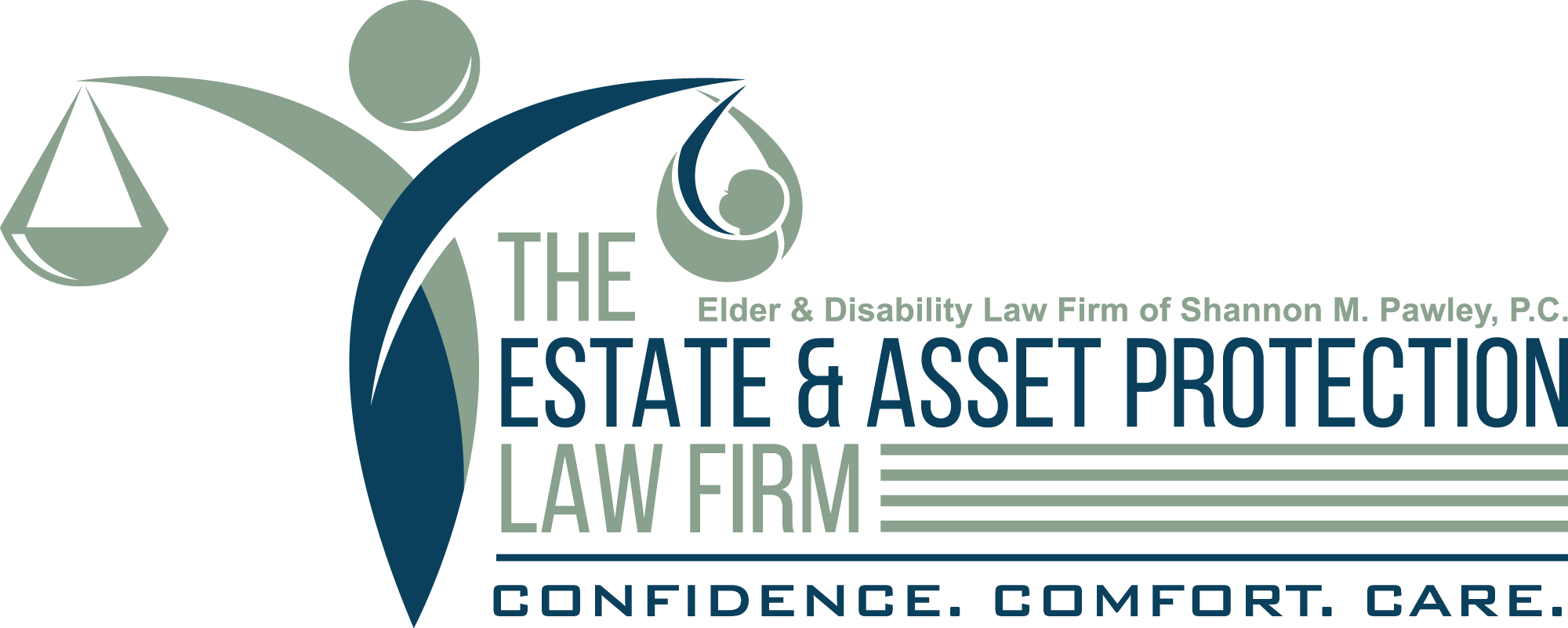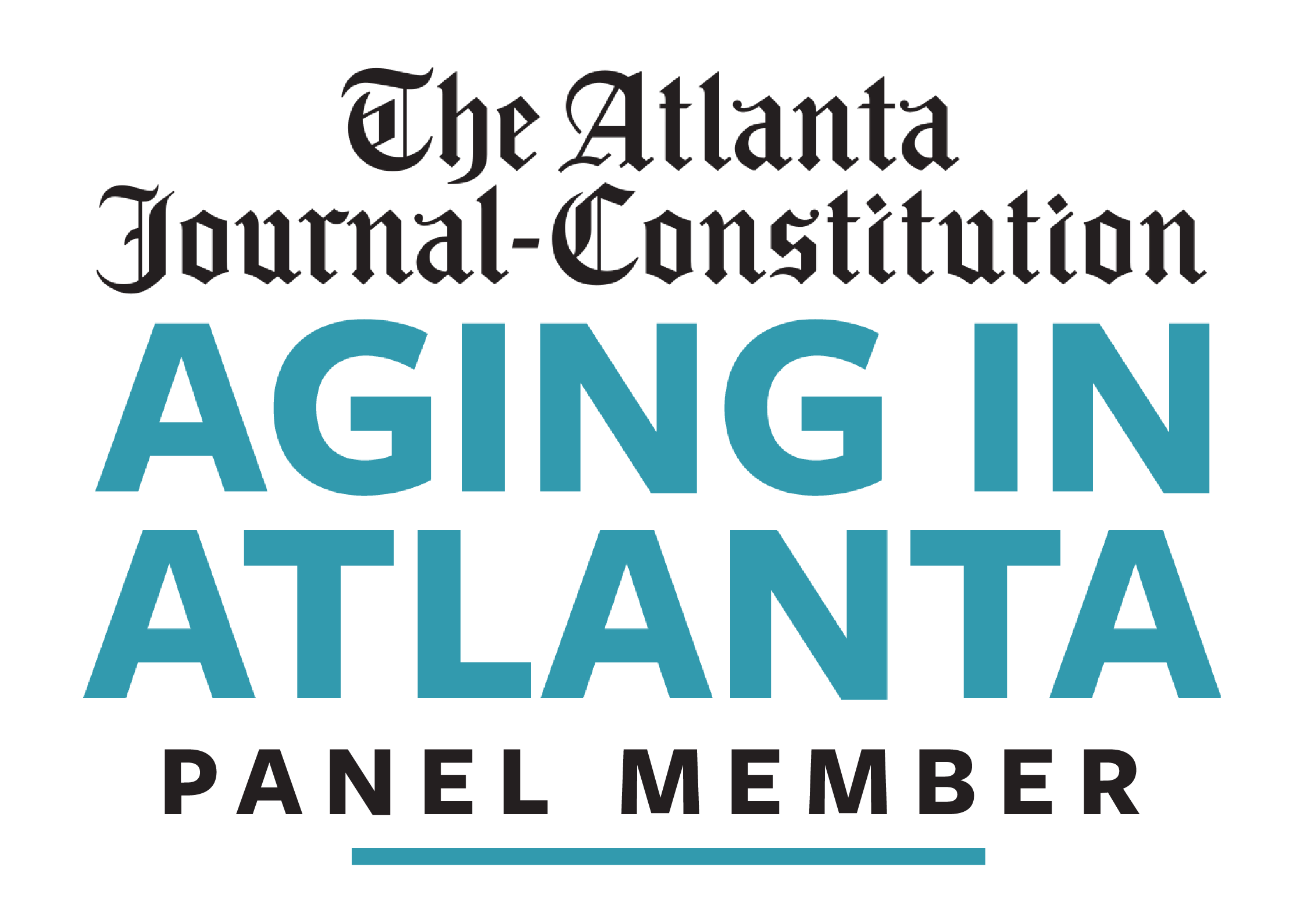Disability Planning For Yourself
A Disability can be either a physical disability or a cognitive disability. In both circumstances, the person with the disability may need the help of other people to pay bills, talk with physicians, etc. In order for another person to have the legal authority to provide that help, they should have validly executed powers of attorney. This is an important detail that sometimes gets skipped. Be sure to talk about this with family, if needed.
Georgia Advanced Directive for Health Care
A Durable Power of Attorney for Health Care (Georgia Advanced Directive for Health Care) will permit an agent to speak with physicians and gain access to medical records when the principal can no longer personally do these acts. When you use the Georgia form, it will also act as your Living Will, to provide guidance to your agent as to whether or not you want life support when you have a terminal illness.
A Durable Financial Power of Attorney
A Durable Financial Power of Attorney will permit an agent to continue paying bills, have access to bank accounts, talk with insurance companies, etc.
For people who are older and needing long-term care, special provisions should be placed into the power of attorney to provide for the possibility of selling specific real estate, creating a Miller Trust, or engaging in Veterans Benefits Planning, or Medicaid Planning. A generic general power of attorney is rarely sufficient in these cases.
Special Needs Planning For Others
Many people would benefit from planning for the disability of others, such as a spouse who has a disability or an adult child who has disabilities. It is becoming more common that elderly parents are the primary caregivers of adult children with disabilities. A plan must be put in place to ensure the adult child with disabilities is taken care with regard to financial, health care and residential issues in the event the elderly caregiver passes away first.
This specific type of planning may include powers of attorney, special needs trusts and wills with special language to protect the beneficiary who has (or is projected to have) disabilities and may rely on government assistance for living arrangements and health care expenses. In many cases, a person can preserve all their assets to provide for the health and well-being of the person with disabilities, while that person is also receiving government assistance to pay for long-term care. We understand that these issues can be hard to think or talk about, but we are here to help you get through it. Imagine how peaceful you will feel when it is all settled.
For people under the age of 65 who are disabled, they may benefit greatly by placing their own assets into a special needs trust, naming themselves as beneficiary, and then qualifying for Medicaid benefits to assist in paying for the cost of medical care.
If you have a spouse, child or grandchild who has disabilities, or if you are under the age of 65 and are disabled, call The Estate & Asset Protection Law Firm to reserve a seat at one of our weekly educational seminars and schedule a consultation to discuss your options. We offer a free 15 minute strategy session with one of our non-attorney team members for people who have attended our educational seminars. We can also accommodate virtual consultations when necessary!







